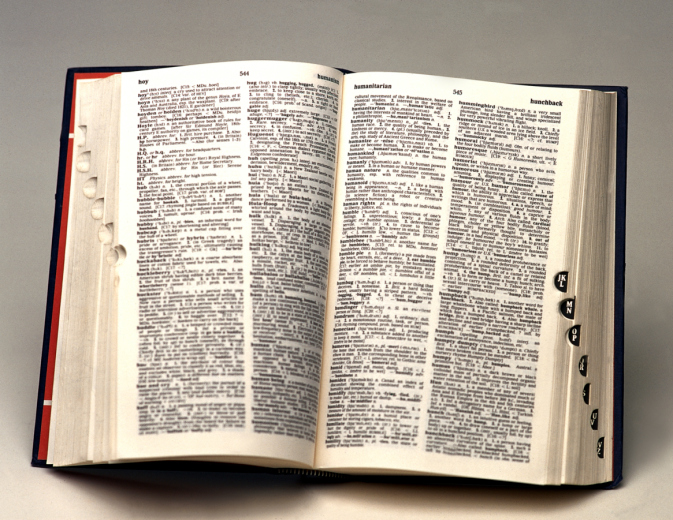Facebook’s 10th anniversary is approaching, so prepare yourselves for the massive amount of talk about how Facebook has changed the face of social media and social life as we know it. Actually, why wait? Let’s get the ball rolling ourselves.
Facebook has not only influenced our social lives, it has also affected the English language, which is pretty significant. Do you know who else has that distinction under their belt? William Shakespeare. Now, Facebook may be declining in popularity for the teenagers, but they can’t help but show the effect Facebook has had on them from the start.
 Many social networks have introduced new words and phrases but none quite as much as the 1.19 billion-strong Facebook. Slang terms formerly solely used on Facebook have found their way into our everyday language.
Many social networks have introduced new words and phrases but none quite as much as the 1.19 billion-strong Facebook. Slang terms formerly solely used on Facebook have found their way into our everyday language.
Here are some of the words and phrases Facebook has contributed to the world. You can hear people use these terms daily and have probably used them yourself as well.
Facebook Official
(adjective) The quality of solidifying one’s romantic relationship by putting it on Facebook.
Friend
(verb) To add another Facebook user as a friend; to digitally befriend.
Like
(verb) To show your appreciation with a thumbs up on Facebook.
Poke
(verb) To alert another user that you exist by sending them a notification.
Tag
(verb) To add a link to another user’s profile through a photo, status or comment.
Stalk
(verb) To look too deeply into another’s Facebook posts and pictures, regardless of familiarity with that person.
Pro Pic
(noun) The photo that represents you on your public profile and when you leave comments.
Unfriend
(verb) To remove someone as a Facebook connection.
Unlike
(verb) To redact a formerly liked post by pressing the like button again.
Wall
(noun) The public face of your profile, where your posts and others’ posts to you appear.


